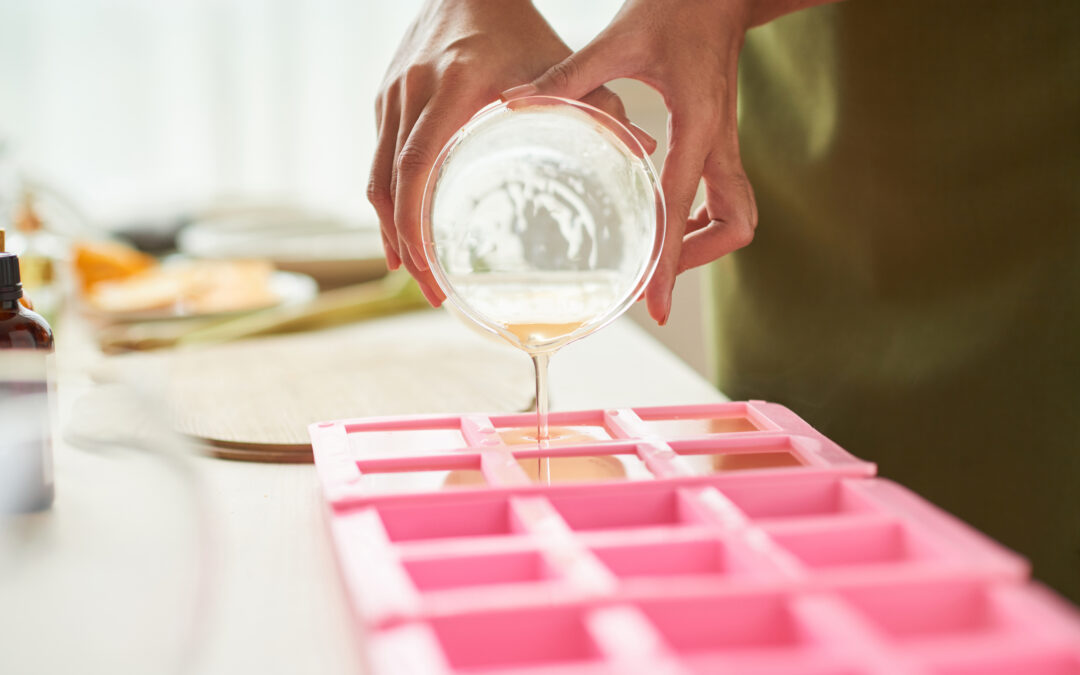“Gender bias in health care, whether conscious or not, is rampant and insidious. It is often harmful, sometime fatal, and always unacceptable,” says patient safety advocate and researcher Jen Morris. “In a cruel twist, women are still fighting to be believed about how often we are not believed.”
It would seem that the Australian Government is ready to believe. Last month, the government invited Australian women to share their experiences of the healthcare system in its #EndGenderBias survey. These stories will inform the work of the National Women’s Health Advisory Council, established earlier this year to advise the government on improving health outcomes for women and girls in Australia.
For Jen, who has experienced misdiagnosis and serious harm in healthcare, it’s a step in the right direction. “We need to listen to women, to believe women, to hear their stories with open minds and open hearts.” Jen says the biggest barrier to addressing diagnostic inequity for women is “the failure of our healthcare system, and society at large, to frankly acknowledge the extent of the problem.”
Next month Jen will join doctors Dr Amy Coopes, Dr Arnagretta Hunter and Dr Marisa Magiros, consumer advocate Darlene Cox and health communication expert Dr Mary Dahm for a panel discussion ‘Lost in Diagnosis’ to delve into the diagnostic difficulties women face. From gender bias in medical research and disparities in diagnosis in heart attack and stroke, to pain and symptom dismissal and lengthy delays to getting an accurate diagnosis, women confront numerous challenges in pursuit of a diagnosis.
*We use this term inclusively to refer to all people who identify as women, including cis, transgender, intersex, non-binary, genderqueer and gender nonconforming people
There is huge systemic, political work to be done in this space, acknowledges emergency doctor and panel facilitator Dr Amy Coopes. The biggest issue they see with gender and diagnosis at the high-acuity frontlines of medicine is internalised gender norms, both for patients and clinicians.
“Society tells women—a problematic term in itself that erases whole population groups with binary rhetoric—that they shouldn’t complain, that their needs are secondary to those of others in their lives, and that the ‘normal’ spectrum of female-bodied physiology encompasses debilitating somatic experiences.”
Amy sees this manifest itself as “clinicians failing to inquire, appreciate or validate patient experiences, meaning often reversible pathologies go undiagnosed to the point that they inflict irrevocable damage, sometimes even terminally so.”
Addressing this challenge is no easy task, but Amy views every conversation as “an opportunity to heal through action.” “It’s about asking rather than assuming—who someone is, how they experience their body, what helps them feel well, what hinders.
“Too often in medicine, the shorthand of our biases fills in the gaps, and when we superimpose an idea of someone—however well intentioned—over what they are actually trying to say, we miss the point entirely. It’s about simply starting with a clean slate of shared humanity when we sit down to bear witness to a patient’s story.”
Panellist Darlene Cox is a longstanding consumer advocate who knows firsthand from ACT consumers that good communication is key to safe health care. “When information is not communicated between our treating clinicians, the broader multidisciplinary team, our GPs and us, it can affect our diagnosis and impact our access to the treatment we need,” she explains.
Communication is critical, agrees Dr Mary Dahm, a linguist at the ANU Institute for Communication in Health Care. Mary suggests that one way to solve some of the inequities women face when it comes diagnosis is through more open and patient-centred communication, particularly about expectations around diagnosis and diagnostic uncertainty.
“Patients and doctors often have very different expectations about diagnosis. Patients often think it’s a straightforward run to the finish line, while doctors know it often more of a meandering odyssey,” she says.
These misaligned expectations can be addressed when both parties openly share their expectations with each other. “When patients know that a less straightforward diagnostic pathway is often a normal occurrence, that can help alleviate their anxiety,” says Mary.
“Doctors who attend to and acknowledge the emotions that patients often attach to their symptoms and expectations for a diagnosis can improve their patient’s diagnostic experience.”
To hear more about women, diagnostic inequity and what we can do about it, register for Lost in Diagnosis: Navigating the communication challenge of misdiagnosis in women. This is a free event at The Street Theatre on Thursday 7 September at 5.30pm. The event is part of the Wellspring: Enquiry and Exchange series, a collaboration between The Street Theatre and the ANU School of Literature, Languages and Linguistics bringing campus to the community.
- Please note picture at top is a stock image.





